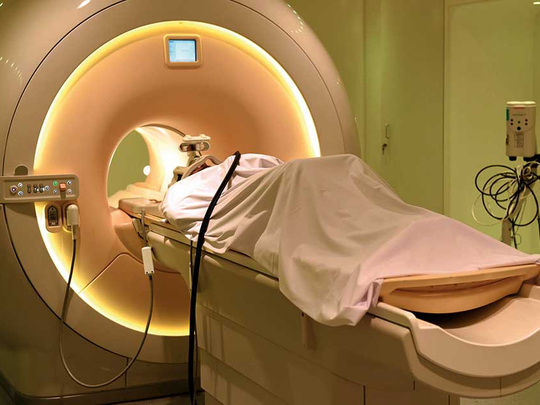
Abu Dhabi: The recent UAE Cabinet decision to grant 10-year residence visas to doctors will make it much easier to fill existing capacity gaps across the health care sector with highly qualified professionals, top medical executives said on Tuesday.
Not only will it reverse the outflow of qualified doctors nearing their retirement but the long-term visas will make the UAE a more attractive destination for senior doctors who boast many years of experience as consultants, they added.
“The provision of long-term visas for specialists of different professions is expected to reduce the outflow of people from the UAE. A more stable population size will, first of all, encourage investors to fill health care capacity gaps, as well as induce them to attract qualified professionals who can offer subspeciality medicine,” Majd Abu Zant, chief executive officer at HealthPlus Network of Specialty Centres and chief operating officer at United Eastern Medical Services, told Gulf News. HealthPlus currently operates eight health centres across the UAE.
Without a stable population, patient volumes are not guaranteed and many health sector investors do not want to take the risk of bringing in professionals with rare medical expertise, the doctor explained.
- Majd Abu Zant | CEO, HealthPlus Network of Specialty Centres
“For instance, there are currently capacity gaps in the full range of paediatric subspecialities, including paediatric neurology and oncology. Investors will look to attract qualified doctors in these fields only if they can be sure that large families with children will make the UAE their home for long. This is the kind of stability afforded by the Cabinet decision,” Abu Zant said.
Amir Firdaus, chief executive officer of Burjeel Group, added that the long-term visas will also translate into longer-term contracts for medical professionals.
“With these, we can aim to fill persistent gaps in fields like rheumatology and oncology. Competent doctors will get a better sense of stability if they are being offered longer tenures rather than just a two-year stint, especially when they are considering a move to the UAE,” Dr Firdaus said. He oversees 13 Burjeel Group hospitals and medical centres in the region.
- Amir Firdaus | CEO, Burjeel Group
It is not just health care executives who mention the existence of significant capacity gaps in the medical sector. Health authorities in the region have long attested to the fact, and the latest statistics by the Abu Dhabi Department of Health state that “there is a general undersupply of doctors with higher qualifications, namely specialists and consultants, which is somewhat balanced by an oversupply, compared to international norms, of lower qualified medical practitioners”.
According to Abu Zant, this imbalance should also be corrected by the upcoming visa changes.
“Many qualified doctors, especially older consultants in their 50s with many years’ experience, are loath to move to the UAE from the West on the basis of a two-year contract, especially as the renewal of this is often dependant on geopolitical trends. The sense of permanence provided by a 10-year visa will help mitigate this uncertainty, and make such a move appear much more viable,” he said.
Firdaus agreed: “Salaries and financial economics will have to keep pace, but longer-term visas and contracts should help attract more consultant-level doctors from the United States and Europe to the UAE, which has mostly seen medical professionals from the Arab region and South Asia,” he said.












